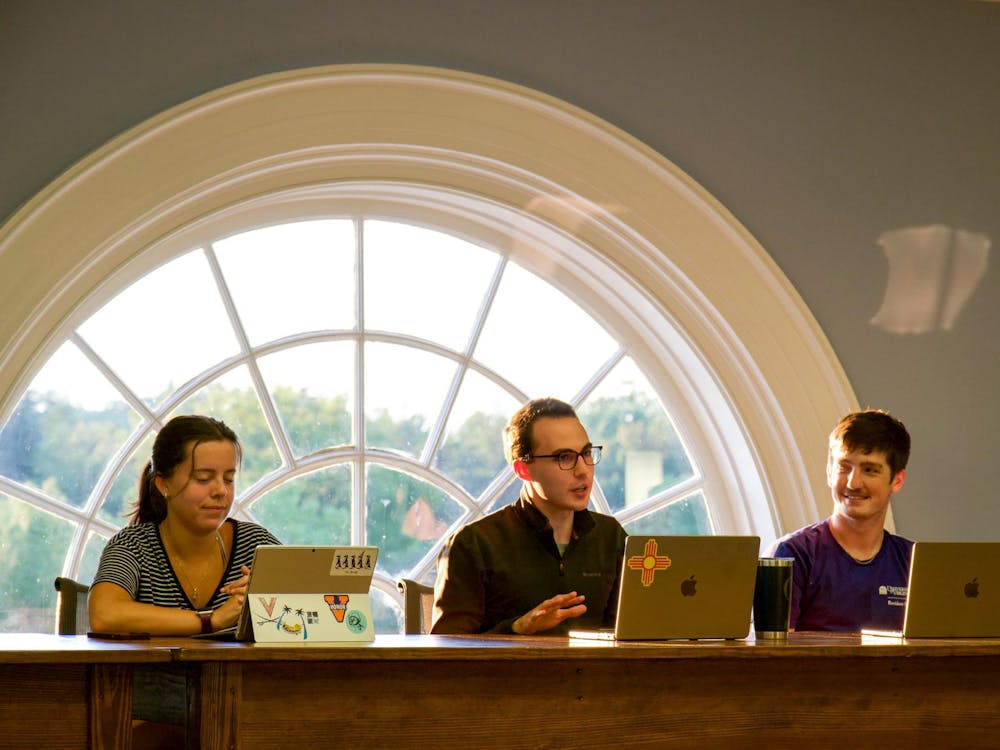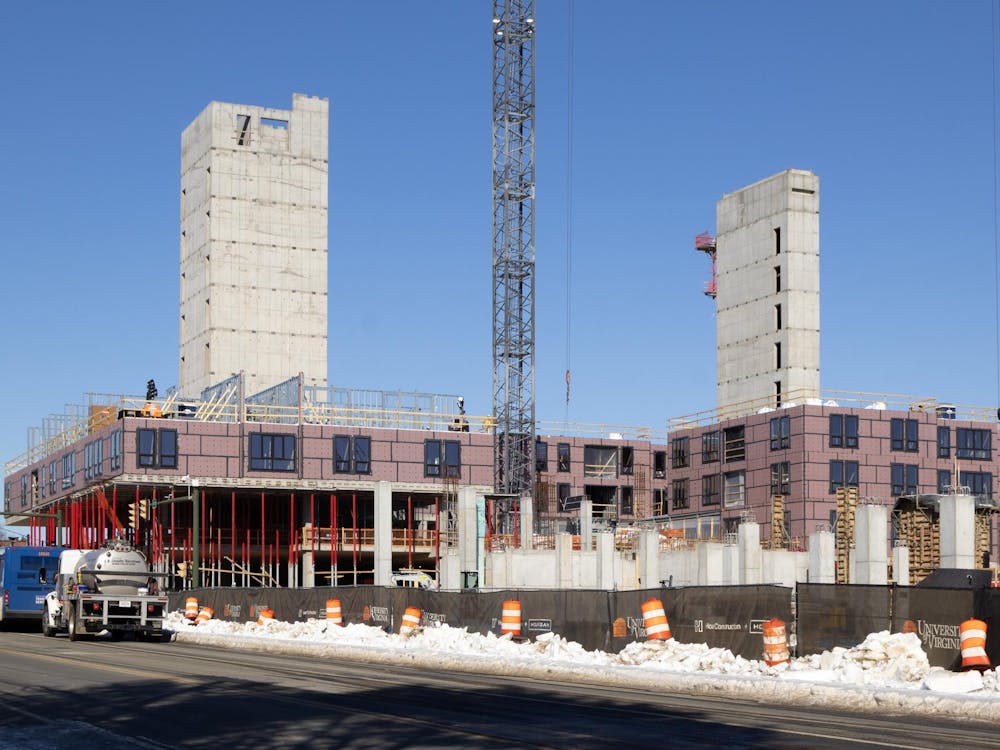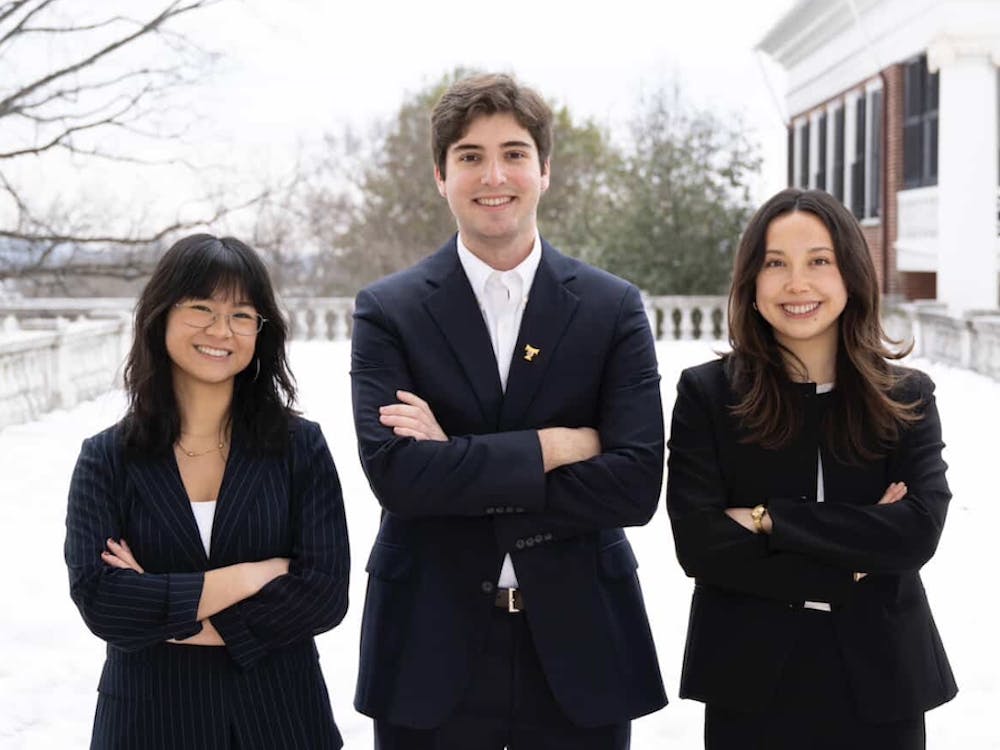Gov. Bob McDonnell introduced the Virginia Higher Education Opportunity Act of 2011 during Tuesday's meeting of the Commission on Higher Education Reform.
The legislation presents his mission for Virginia public universities to award 100,000 more degrees during the next 15 years to put "the Commonwealth on the path to a more prosperous future."
McDonnell cited research from the University's Cooper Center to demonstrate the economic benefits of the increase in degrees. By 2025, "the results of this policy would be $39.5 billion more in Virginia's Gross Domestic Product, $36 billion in increased personal income ... and $4.1 billion in new revenues," McDonnell stated in a press release.
Commission chairman Thomas F. Farrell II, a former University rector, stated in a University press release that the act also aims to invest in "high-demand, high earning degrees," such as science, technology and math-focused studies.
Prof. Margaret Miller, who teaches at the Education School's Center for the Study of Higher Education, said McDonnell's legislation aligns with President Obama's plan to return the United States - whose percentage of college degrees among the population has fallen to 12th place in the world - to its position of world leader in higher education. For the nation as a whole to reach this target, "every state needs to set a goal," Miller said. "But this is a very ambitious one."
Funding for the project has yet to be determined, and some individuals are skeptical about whether tuition increases can be avoided as a result, especially with funding from federal higher education stimulus ending in fiscal year 2011.
McDonnell, however, said he would ask the General Assembly to adopt the panel's recommendations for restructuring the state's funding formula for colleges and universities during the next legislative session, which begins Jan. 12.
If the 100,000 degrees are proportioned by the state among Virginia's 15 four-year, public undergraduate institutions, the University will need to accept a significantly greater proportion of in-state students than it currently does, with about 69 percent of students now coming from within the state, Miller said.
"The trade-off involved with [changing those proportions] is that out-of-state students subsidize in-state students to some degree, [since] U.Va. charges out-of-state students more than their education costs," she said.\nIf the state switches from a funding formula based on enrollments to a formula based on the number of graduates, as has been proposed, "U.Va. would be advantaged because our graduation rates are exceptionally high," Miller said.
Even as the past decade has been one of increasingly climbing tuition rates and inconsistent state funding, McDonnell said the state must find a "long-term sustainable funding model" for higher education in Virginia.






